An alternative to libnids is Bro. It comes with a robust TCP reassembler which has been thoroughly tested and used by the network security monitoring community over the years. It ships with a bunch of protocol analyzers for common protocols, such as HTTP, DNS, FTP, SMTP, and SSL.
Bro is "the Python of network processing:" it has its own domain-specific scripting language with first-class types and functions for IP addresses (both v4 and v6), subnets, ports. The programming style has an asynchronous event-based flavor: users write callback functions for events that reflect network activity. The analysis operates at connection granularity. Here is an example:
event connection_established(c: connection)
{
if ( c$id$orig_h == 1.2.3.4 && c$id$resp_p == 31337/udp )
// IP 1.2.3.4 successfully connected to remote host at port 31337.
}
Moreover, Bro supports a cluster mode that allows for line-rate monitoring of 10 Gbps links. Because most analyses do not require sharing of inter-connection state, Bro scales very well across cores (using PF_RING) as well as multiple nodes. There exist Bro installations with >= 140 nodes. A typical deployment looks as follows:

(source: bro.org)
Due to the high scalability, there is typically no more need to grapple with low-level details and fine-tune C implementations. Or put differently, with Bro you spend your time working on the analysis and not the implementation.
